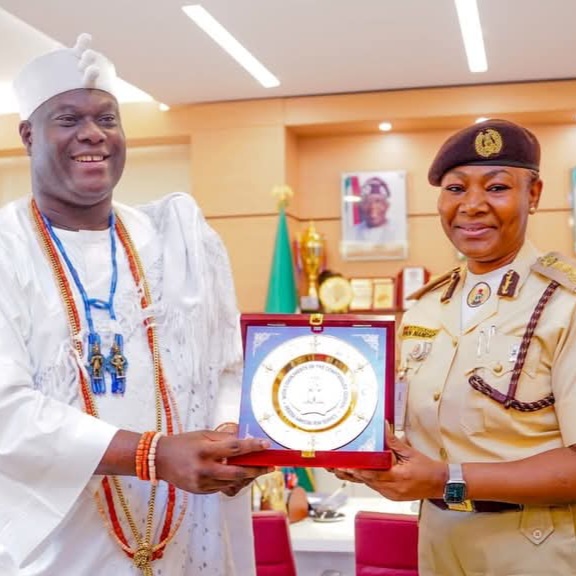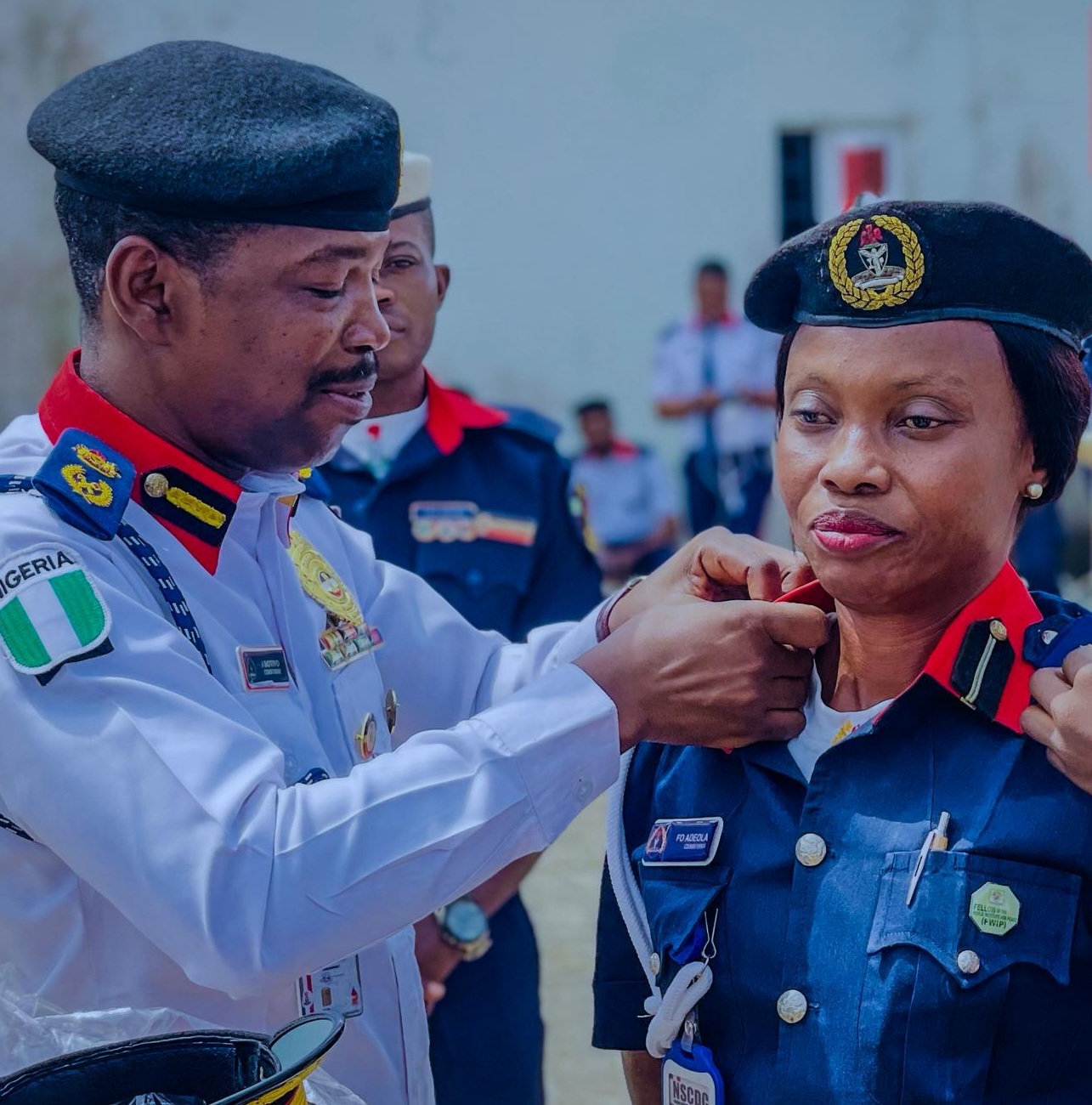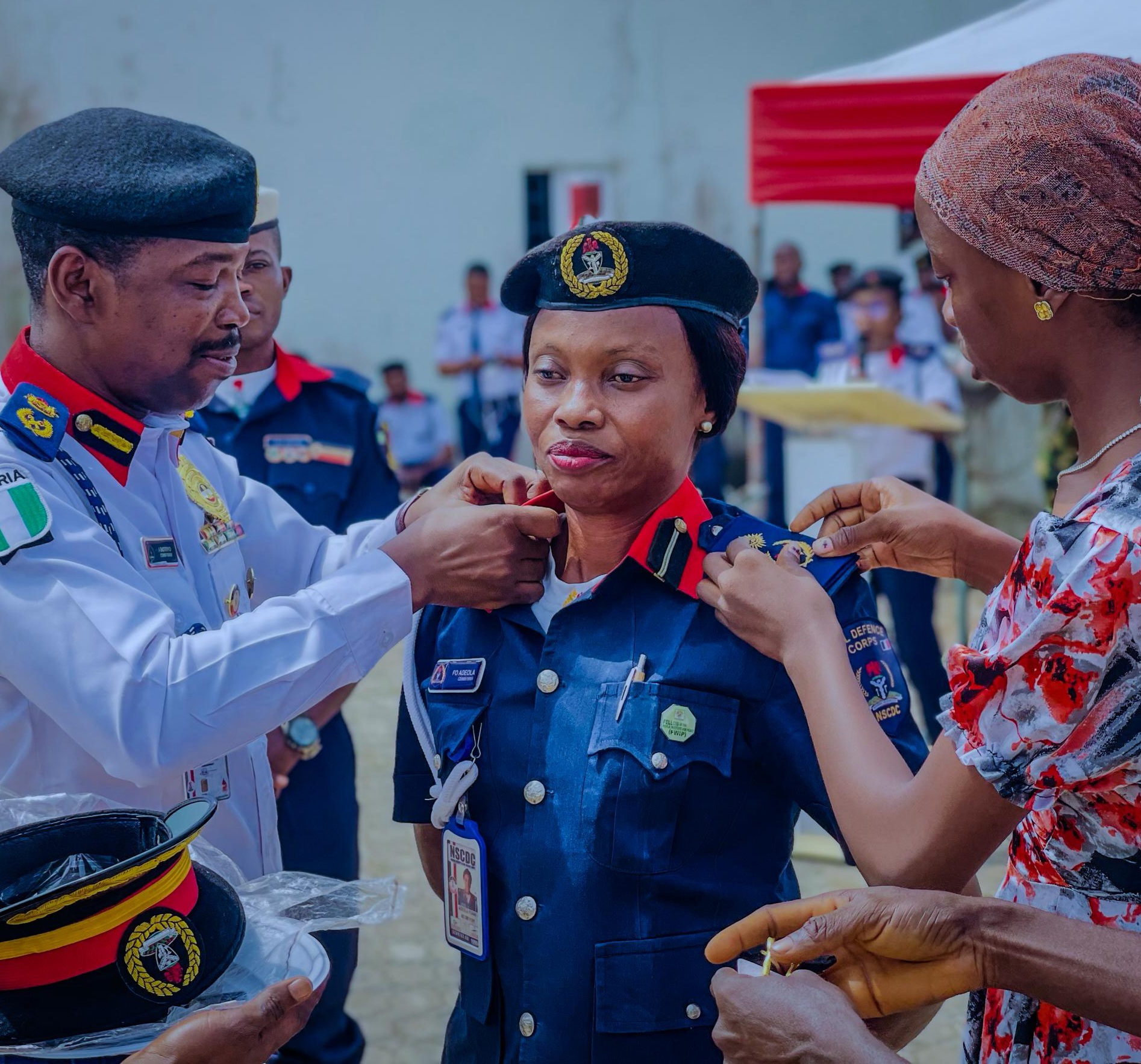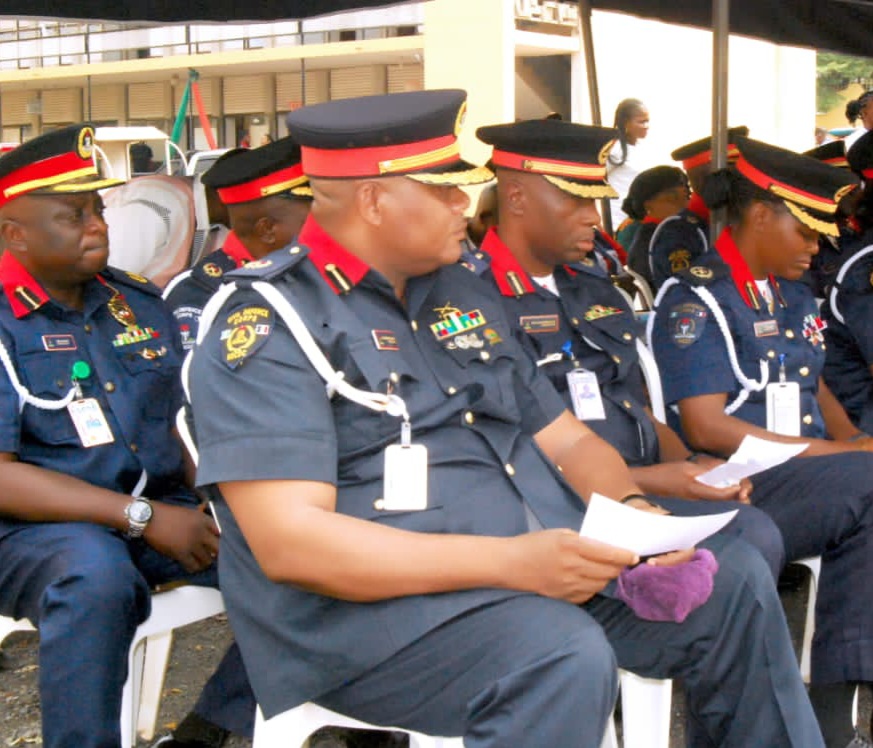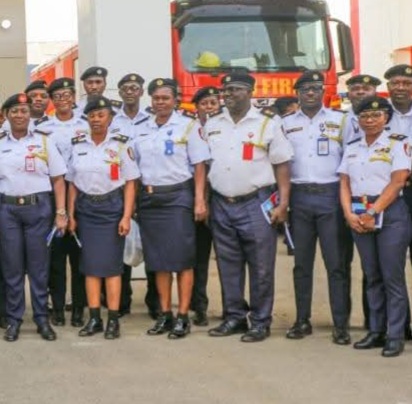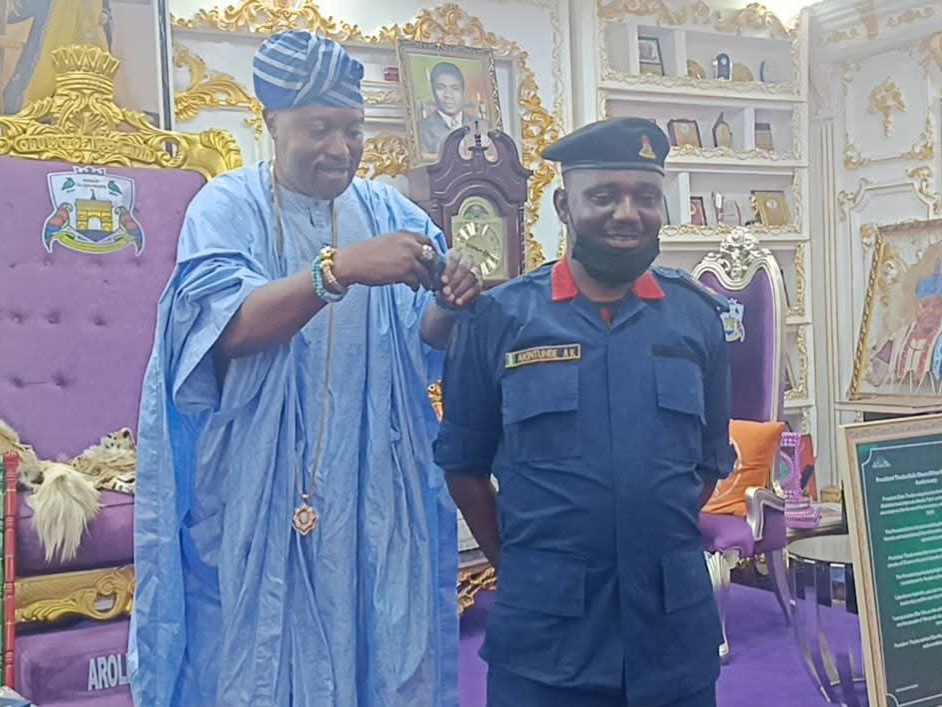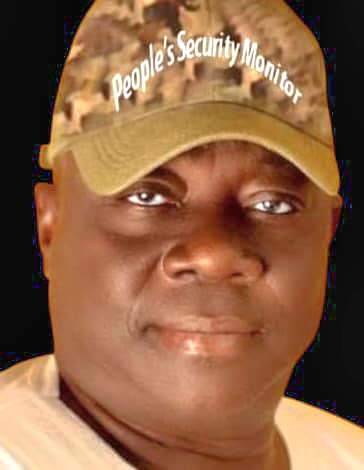
By Isiaka Mustapha, CEO/Editor-in-Chief, People’s Security Monitor
Grief has once again descended upon Plateau State following a deadly assault in Bindi-Jebbu, a community in Tahoss District of Riyom Local Government Area. On Monday night, gunmen stormed the town, unleashing a wave of violence that claimed the lives of 27 residents. Among the victims were farmers, women, and children, many of whom were either resting in their homes or returning from daily activities when the attack struck.
Heavily armed and operating with chilling precision, the assailants set homes ablaze and opened fire indiscriminately, leaving devastation in their wake. By the time security personnel arrived at the scene, the attackers had already disappeared leaving behind only bloodshed and sorrow, an already familiar pattern in the region.
This incident is not an isolated occurrence, nor does it come as a surprise. It follows a longstanding and troubling trend of violence in Plateau State, an area that has gradually transformed from a land of peace and harmony to one synonymous with recurring bloodshed. For years, communities in the state have faced repeated cycles of killings, displacement, and grief. Despite the presence of soldiers, police units, and other security agencies, lives continue to be lost in their dozens with terrifying regularity.
The core of the problem lies in the country’s crumbling security structure. In many of these attacks, including the one in Bindi-Jebbu, villagers insist they had noticed strange movements or received warnings ahead of time. Yet, their concerns were either ignored or not acted upon. That such an organized attack carried out in broad daylight by multiple assailants wielding assault rifles could go unchecked raises serious doubts about the effectiveness of Nigeria’s intelligence network. The fact that this happened under the watch of multiple security layers is not just worrisome, but deeply embarrassing.
Another recurring failure is the poor and delayed response of security operatives. In Bindi-Jebbu, the attackers reportedly had the area under siege for close to two hours without any interference. By the time security personnel arrived, all they could do was count the bodies and offer empty reassurances. This pattern has become all too familiar in Plateau, distress calls go out, reinforcements are slow to arrive, and when they finally do, the perpetrators are long gone. Such failures, repeated time and again, only confirm that Nigeria’s response mechanisms are outdated and ineffective.
At the heart of these failures is a glaring deficiency in manpower, logistics, and strategy. The country’s security agencies are overstretched. With multiple conflicts raging across different parts of the country, from Boko Haram in the Northeast to banditry in the Northwest and separatist agitations in the Southeast, personnel and resources are stretched beyond capacity. In many rural parts of Plateau, security posts are either undermanned or poorly equipped, leaving communities vulnerable to repeated attacks. Local vigilantes and youth volunteers have become the de facto defenders, risking their lives to fill the gaps left by the formal security forces.
But perhaps the most dangerous failure is the erosion of trust between citizens and security institutions. Allegations of complicity or negligence by security personnel continue to surface, with many communities suspecting that some officers turn a blind eye or worse, actively aid attackers. Whether these suspicions are founded or not, they are widespread and deeply damaging. Insecurity becomes even more dangerous when those meant to provide protection are no longer trusted.
Even more distressing is the absence of accountability. After every incident, the authorities issue the usual condemnations. Press statements are released. Condolence visits are made. But rarely, if ever, are the perpetrators arrested. Investigations, if initiated at all, are rarely concluded. As a result, attackers operate with the confidence that they will not be caught, let alone punished. This climate of impunity allows the violence to continue unchecked, and victims are left with no sense of justice or closure.
Political leadership has not helped matters. Too often, leaders remain silent or indifferent, choosing to sidestep the tough conversations needed to address the root causes of the crisis. Some downplay the violence to protect political interests or ethnic affiliations, while others are too removed from the suffering of the people to grasp the urgency of the situation. Until Plateau’s crisis is treated as a national emergency rather than a local problem, the killings will likely continue.
The human impact of this negligence is devastating. The victims of the Bindi-Jebbu massacre were not just statistics. They were parents, children, traders, and farmers, people with families and futures, now reduced to names on a growing list of the dead. Survivors have been displaced, entire families wiped out, and the social fabric of these communities torn apart. Children are growing up in trauma, witnessing violence that no child should ever see. Hospitals are overcrowded with the wounded, while IDP camps are bursting at the seams with those who have fled their homes in fear.
If there is to be a way forward, it must begin with a radical overhaul of the country’s security framework. Community policing must be taken beyond rhetoric and implemented with sincerity and urgency. States like Plateau need localized security structures that are better suited to the terrain and the nature of the conflict. Federal control alone cannot address localized violence that has deep ethnic, religious, and territorial roots.
Accountability must also be prioritized. Security agencies must be compelled to explain every failure to act, every delay in response, and every breach of protocol. Politicians who incite or protect violence, directly or indirectly, must be publicly exposed and brought to justice. Nigeria cannot afford to keep sweeping these atrocities under the carpet while communities burn and lives are lost.
Beyond enforcement, there is also a need for dialogue. The ethno-religious undertones of the Plateau conflict must be addressed openly. Land disputes, historical grievances, and mutual distrust must be confronted through honest, inclusive conversations facilitated by neutral actors. There can be no lasting peace without truth, reconciliation, and deliberate bridge-building efforts.
Technology, too, must play a role. Surveillance systems, drone patrols, and early warning networks should be deployed in high-risk areas to prevent attacks before they happen. Intelligence must be actionable and timely, and the state must invest in digital tools that can detect and disrupt these organized raids.
The killings in Bindi-Jebbu, like many before it, are a chilling reminder of what happens when a country’s security system collapses. It is no longer enough to mourn. It is no longer enough to condemn. What Nigeria needs now is action coordinated, courageous, and consistent. Until then, communities in Plateau and elsewhere will continue to live in fear, bury their loved ones, and wonder whether the state still considers their lives worth protecting.
History will not be kind to a government or a nation that watched its citizens die and did nothing.

